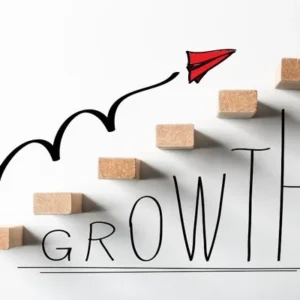Launched in February 2025, the World Bank’s Framework for Financial Incentives (FFI) provides countries with a comprehensive package of benefits—including increased financing, longer repayment periods, and lower interest rates—when their projects generate benefits that extend beyond national borders. The FFI is designed to reward middle-income countries for scaling up investments in pandemic preparedness, biodiversity conservation, and cross-border water management, all while advancing their own development priorities.
Through the FFI’s Livable Planet Fund, middle-income countries—home to 75% of the world’s population and most of its biodiversity hotspots—can access strategic grants that make ambitious cross-border projects financially feasible. This addresses a long-standing question of who bears the cost of protecting shared global resources, offering a model that aligns national interests with global responsibility.
Experts have highlighted the innovative nature of the FFI. Homi Kharas, senior fellow at the Brookings Institution, emphasizes that the framework removes the traditional trade-off between domestic development and global responsibility. By structuring incentives so that countries benefit both nationally and globally, the FFI encourages actions that are advantageous for individual nations while protecting shared resources.
Kevin Watkins, visiting professor at the Firoz Lalji Institute for Africa, underscores the moral imperative behind the initiative, noting that protecting biodiversity and natural systems is essential for the sustainability of societies. He frames the FFI as a mechanism to ensure that this generation behaves like “good ancestors,” safeguarding a livable planet for future generations.
Nick Vaughan from the International Finance Fixture for Education points out that the FFI addresses the collective action problem inherent in global public goods. By providing financial incentives, it encourages countries to make the necessary investments to tackle externalities such as environmental degradation and health risks. Vaughan encourages countries to engage with the World Bank and other multilateral development banks, which can provide the most favorable terms for achieving both national and global goals.
Overall, the FFI represents a strategic innovation in global development finance, aligning economic incentives with the preservation of shared resources and sustainable development, and offering countries a practical pathway to contribute to global public goods while advancing their own priorities.







